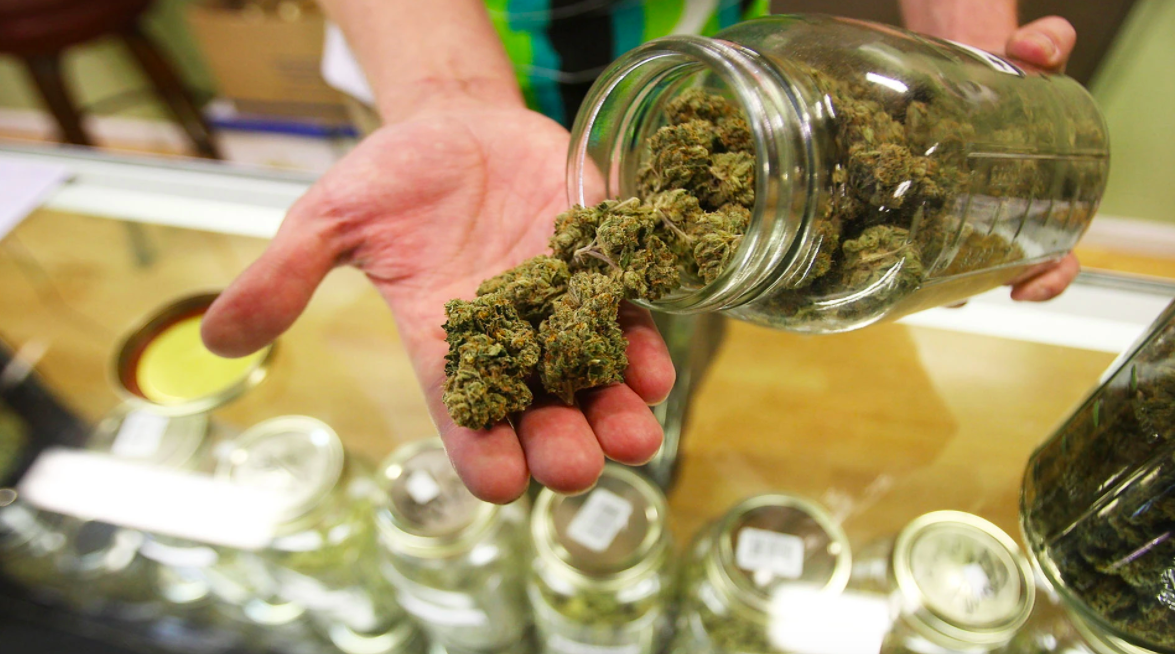There was a time when the majority of the United States population believed marijuana was as evil as all the federal government’s propaganda alluded, but a new federal study published this week in the journal Lancet Psychiatry finds that this frightened attitude has shifted immensely, and now fewer Americans buy into the idea of marijuana being a risky drug.
Researchers also discovered that more Americans appear to be using marijuana, which is consistent with a recent Gallup Poll that shows 33 million U.S. citizens are now smoking weed. However, the study authors were unable to determine exactly what has prompted this increase in pot consumption across the Land of the Free, speculating that it could be legalization efforts that have allowed the average naysayer to feel more comfortable toward pot.
The study focused on the data of some 600,000 adults who had taken part in the annual U.S. National Survey on Drug Use and Health sometime between 2002 and 2014. It was here that researchers found 10 million more cannabis consumers in 2014 than the twelve years prior.
Researchers also found an increase in first-time users and those willing to come clean about daily use. Yet, the true kicker in these statistics is the decrease in those people who consider marijuana to be a dangerous substance – those numbers dropped from more than 50 percent in 2002 to a smidgen over 33 percent just two years ago.
Perhaps the most important aspect of the study is that researchers were unable to locate any spikes in rates of abuse or addiction. In fact, the study shows that while there is a discernable increase in the number of people using marijuana, there has actually been a decrease in dependency issues.
Interestingly, while more adults are now using marijuana, a study published over the summer found a decrease in use among teens. Marijuana advocates have long said that establishing a taxed and regulated pot market would contribute to a decrease in youth consumption because the black market would suffer a loss of strength.











